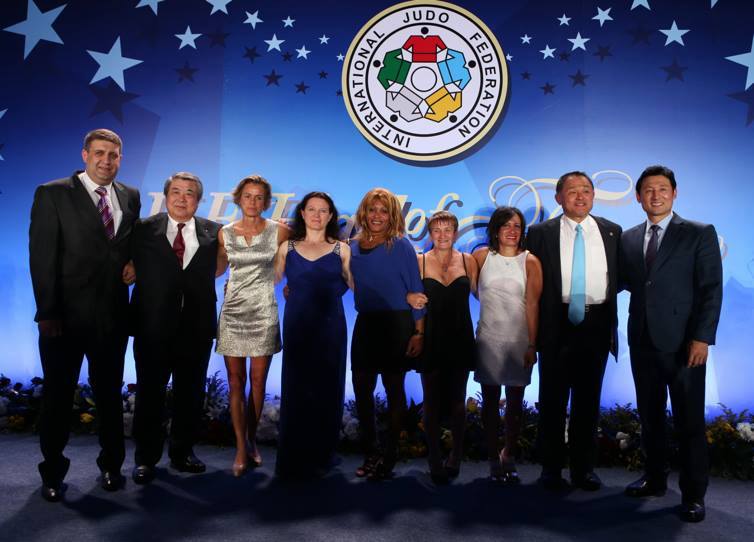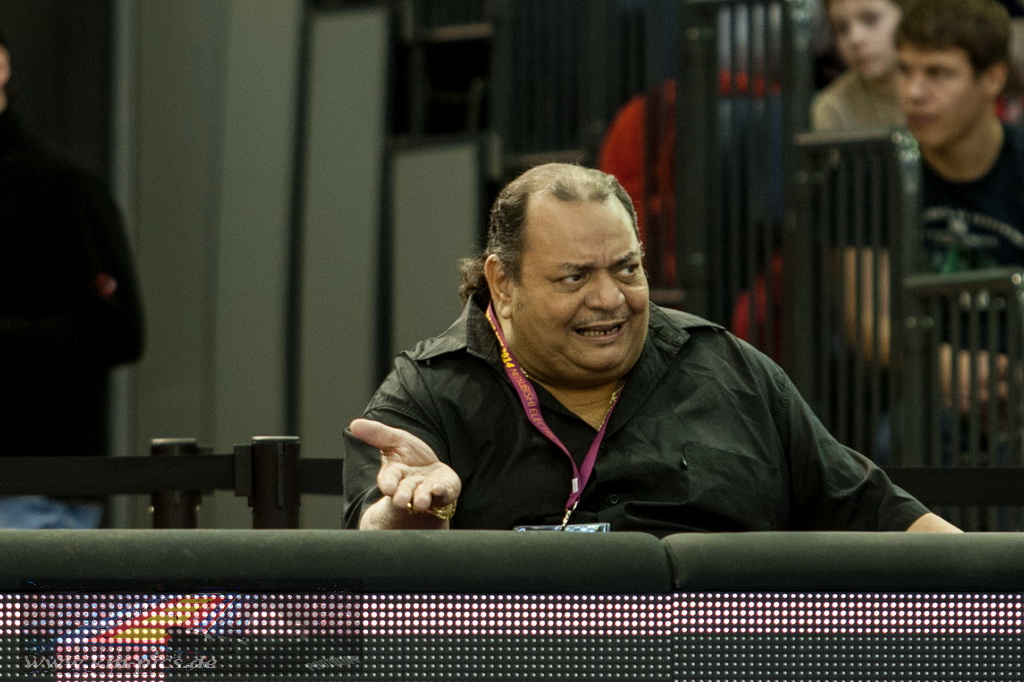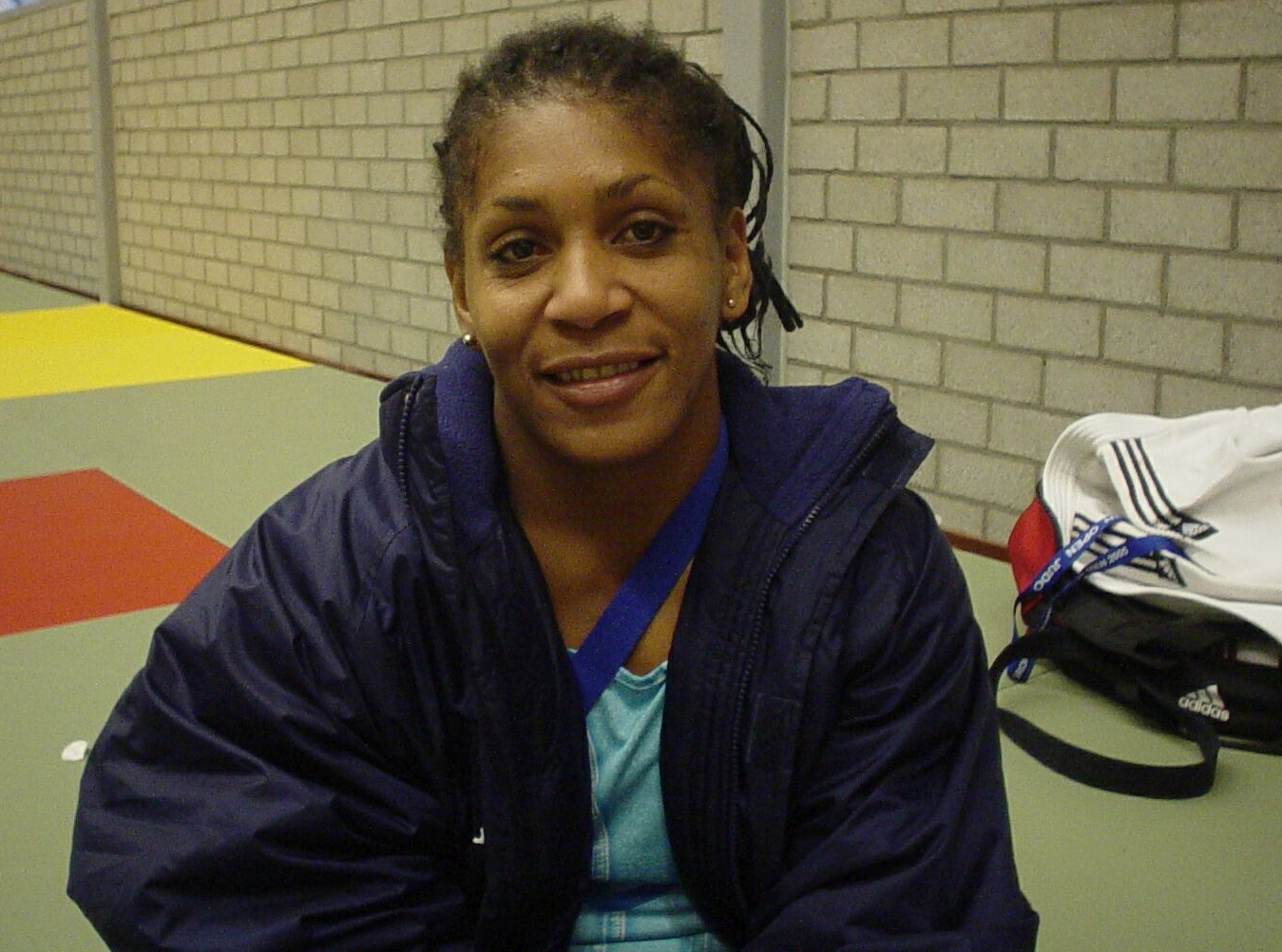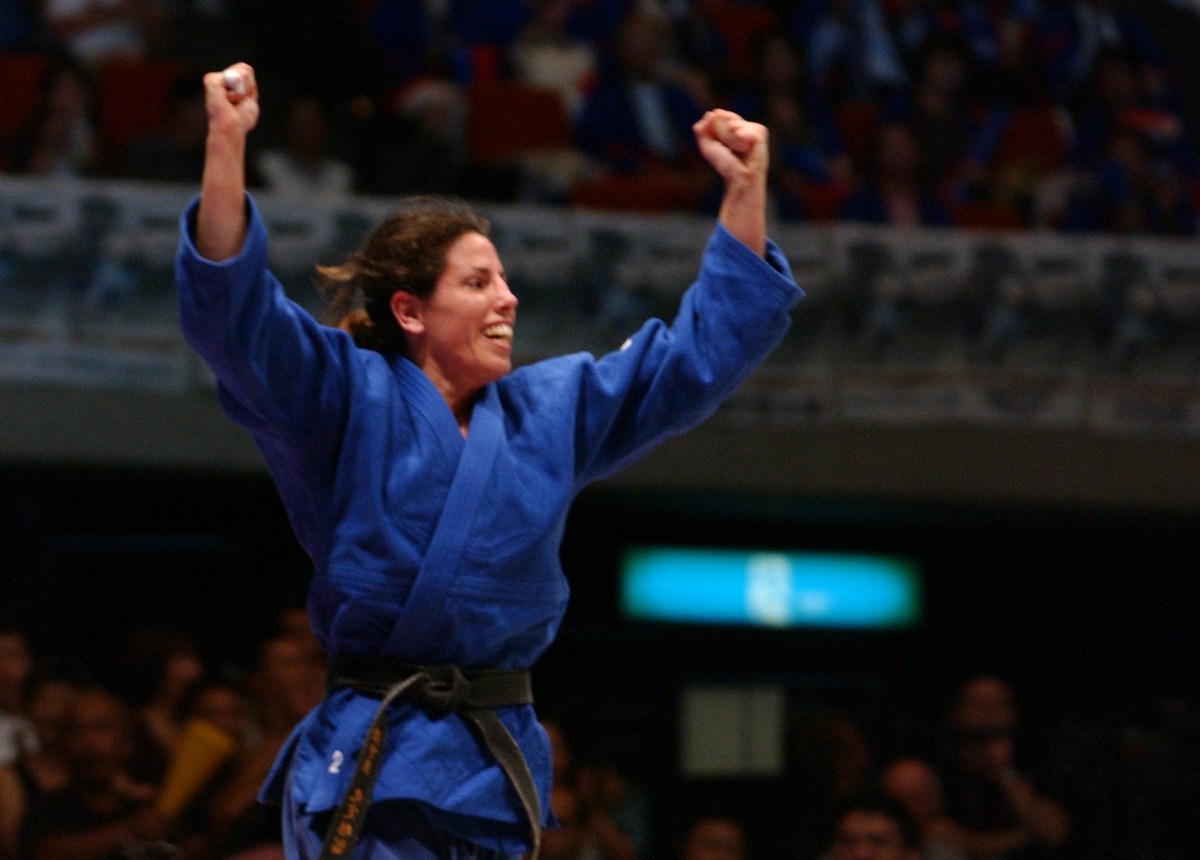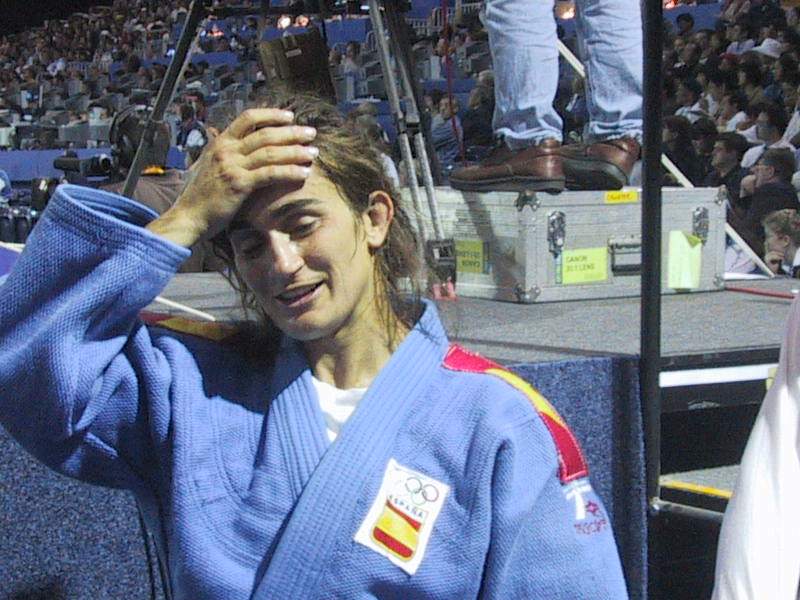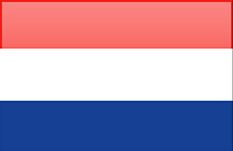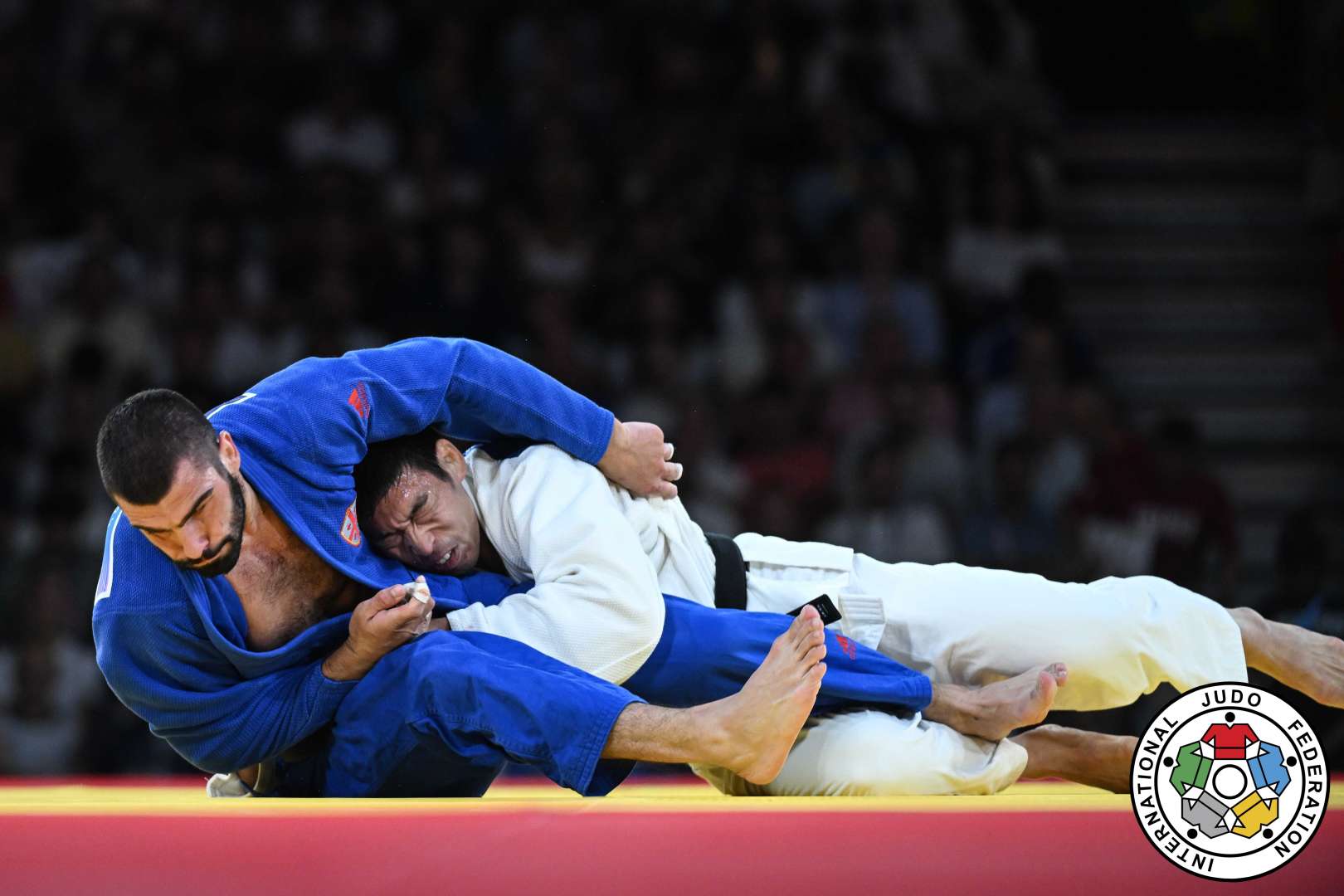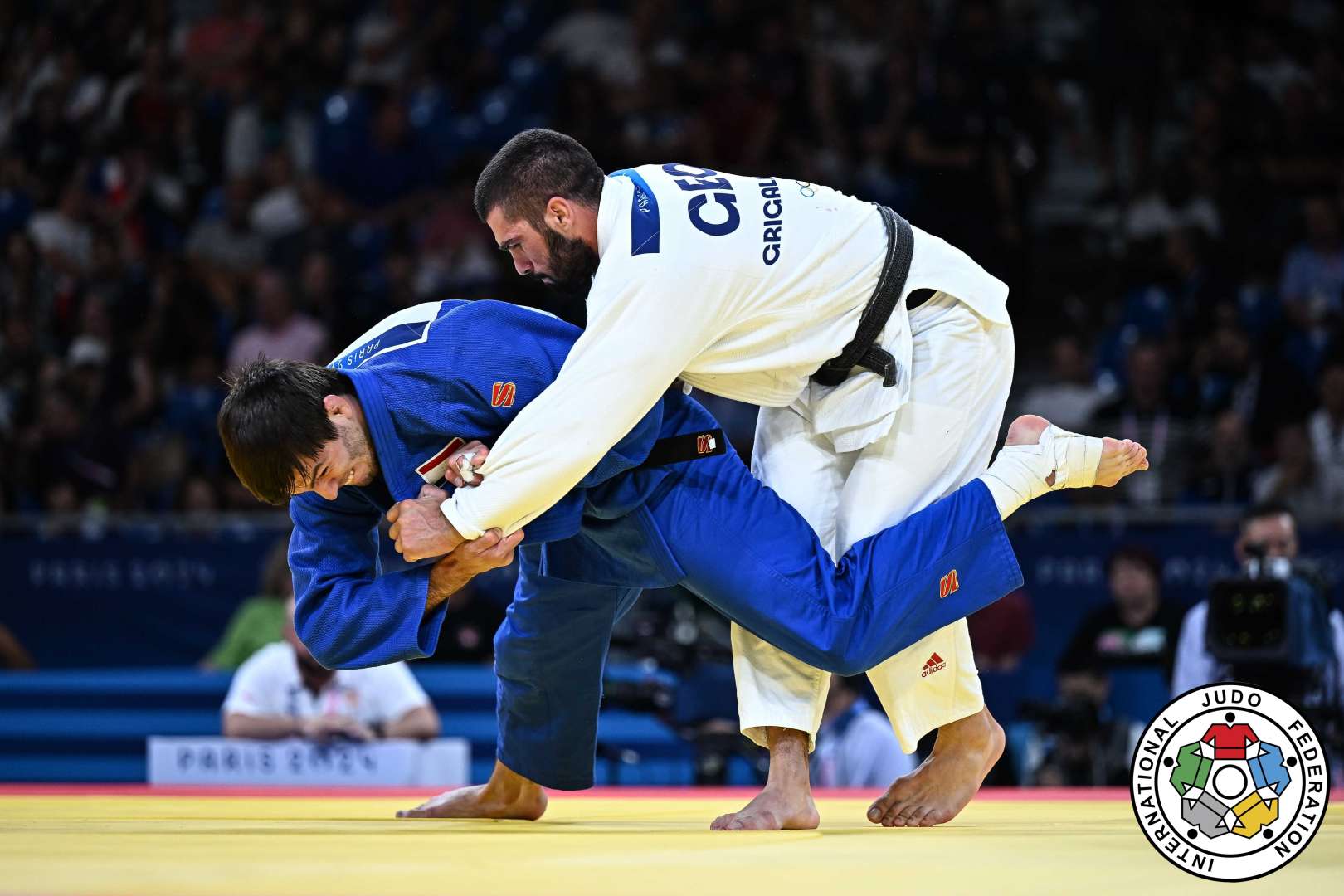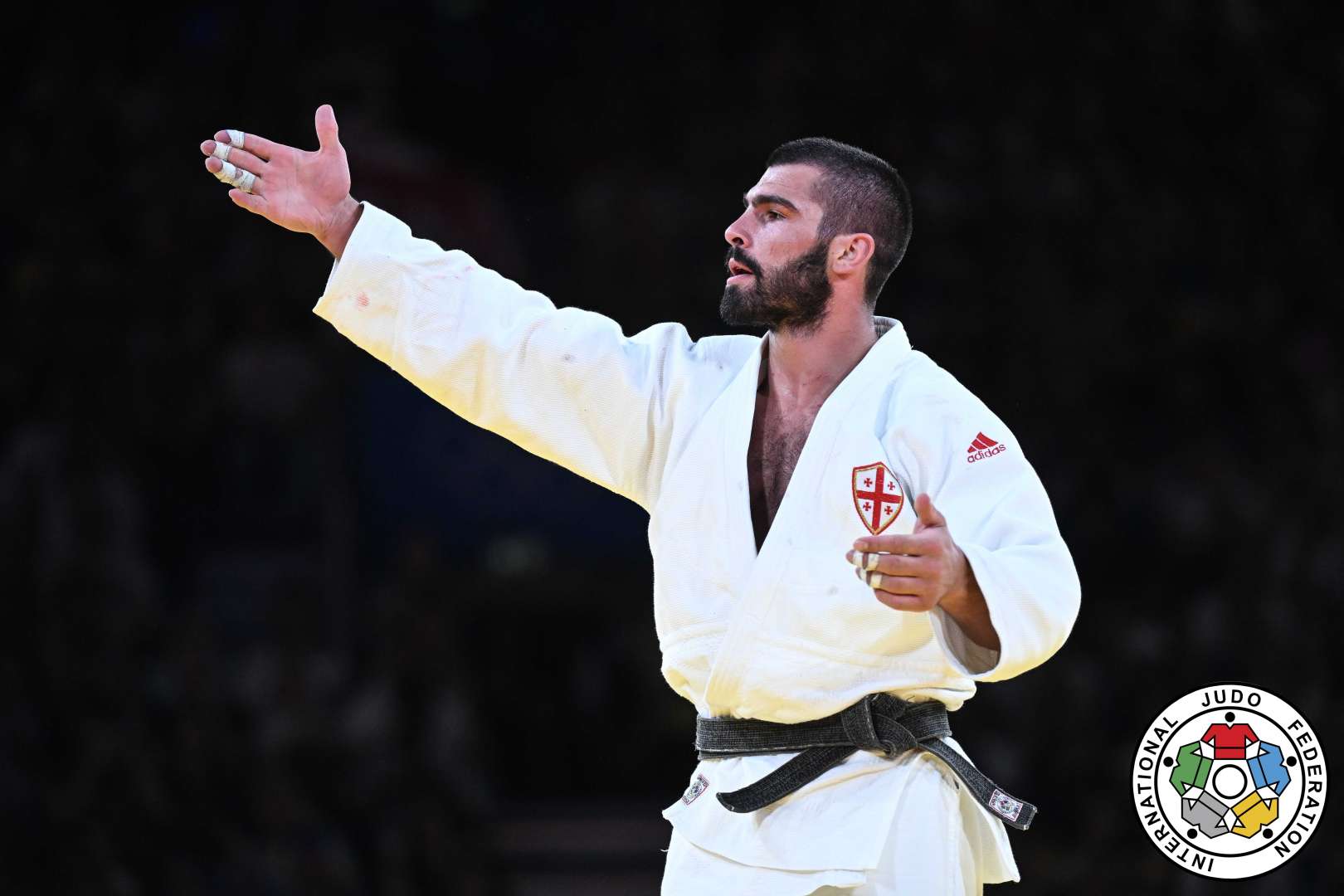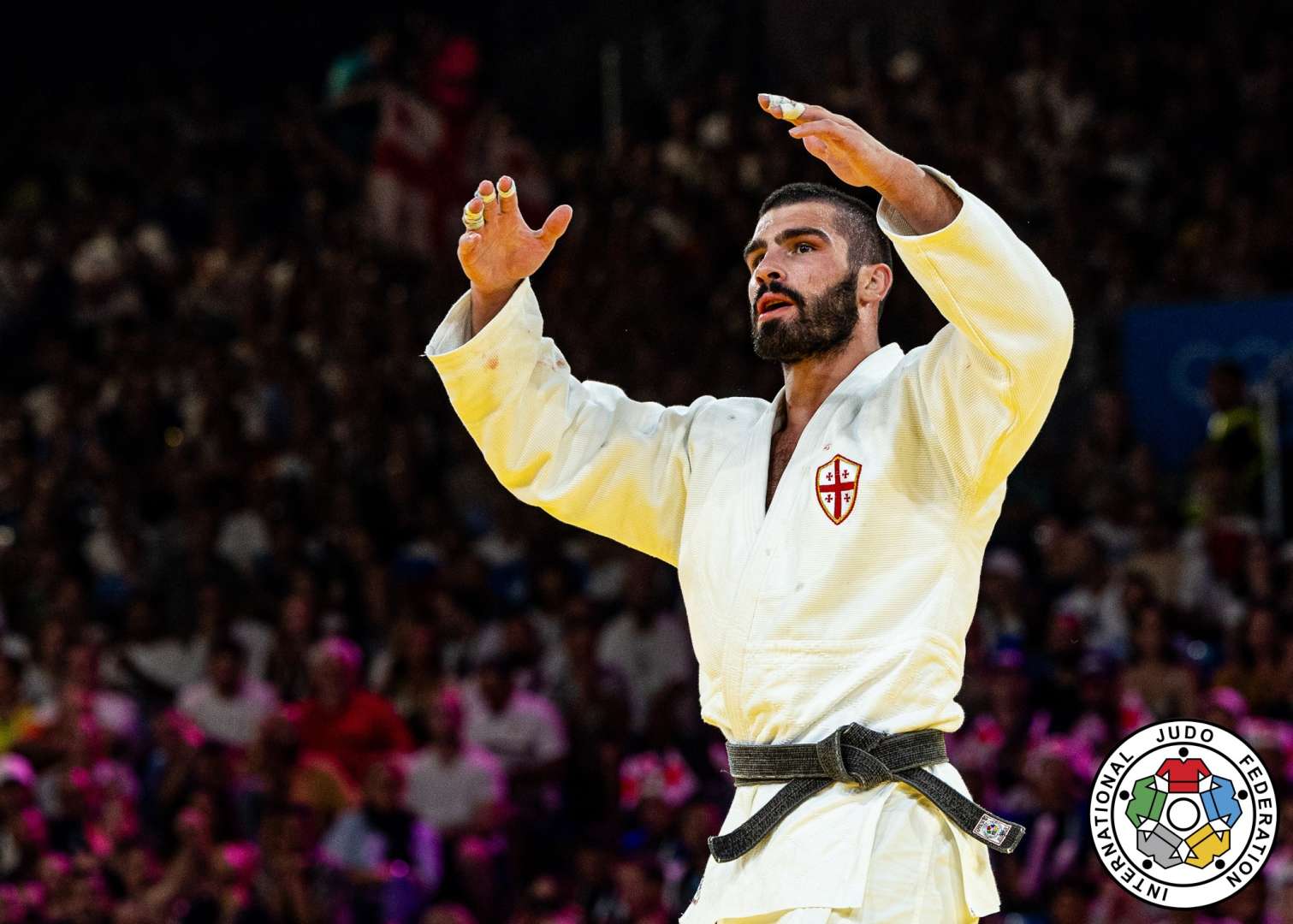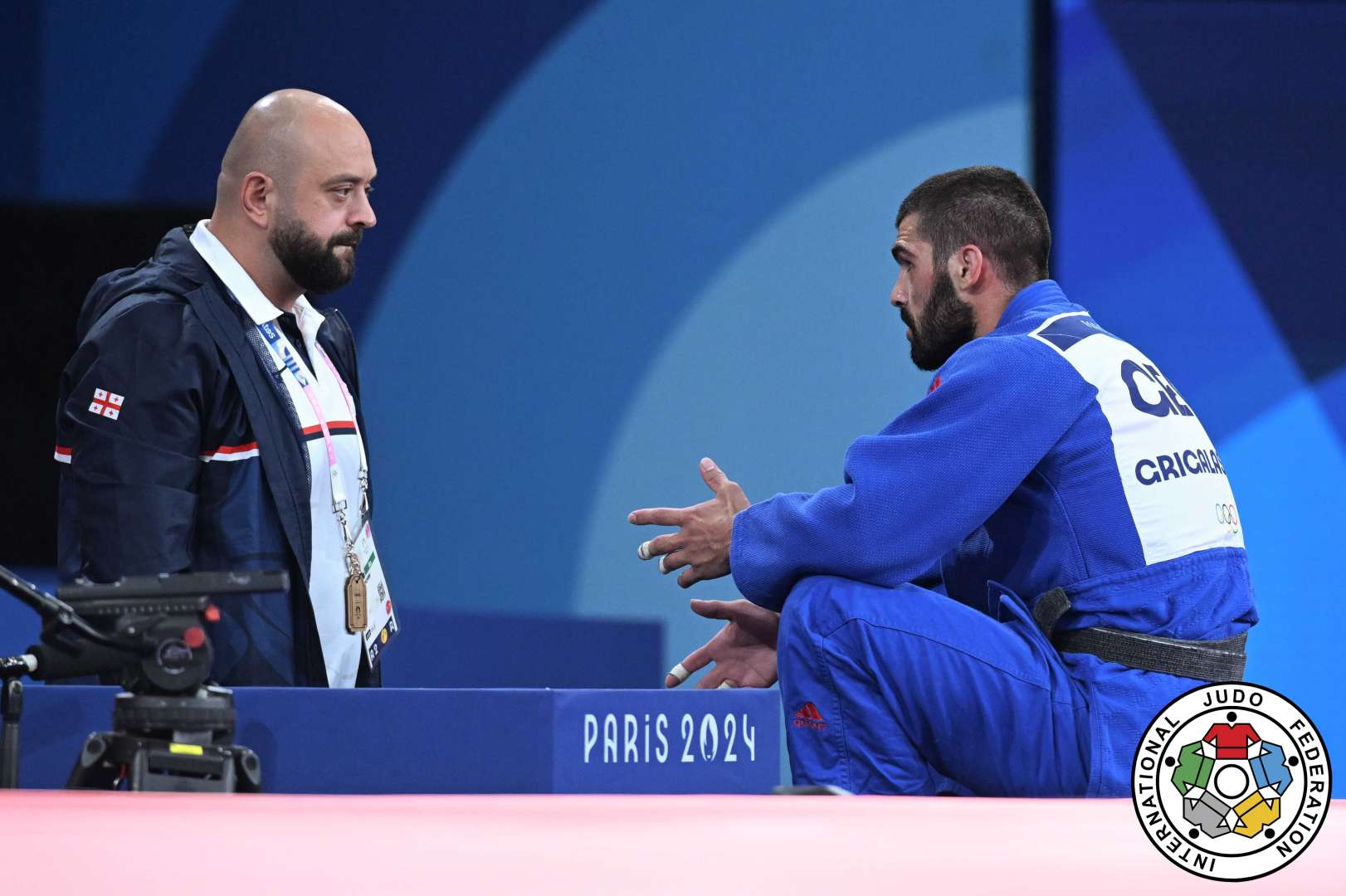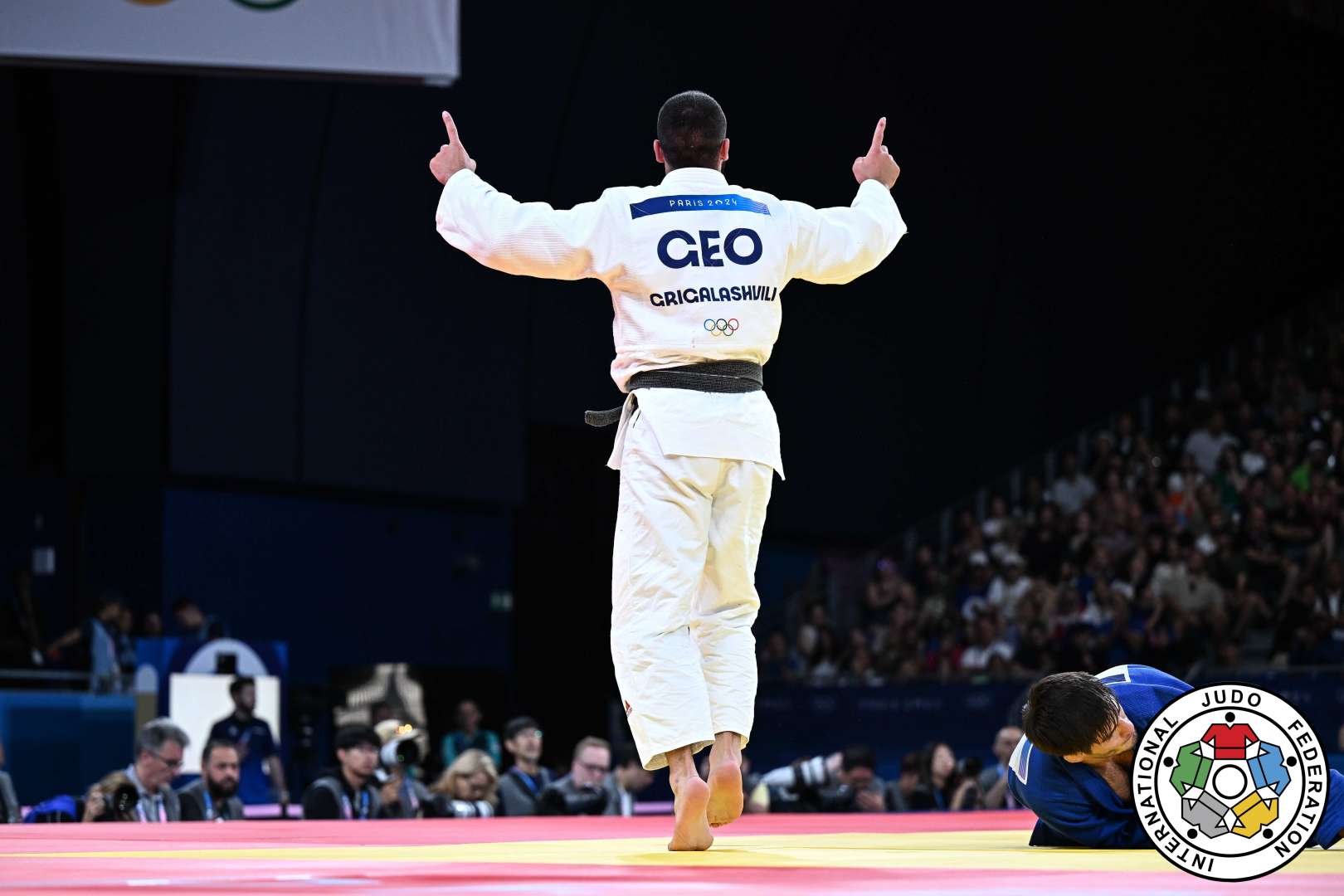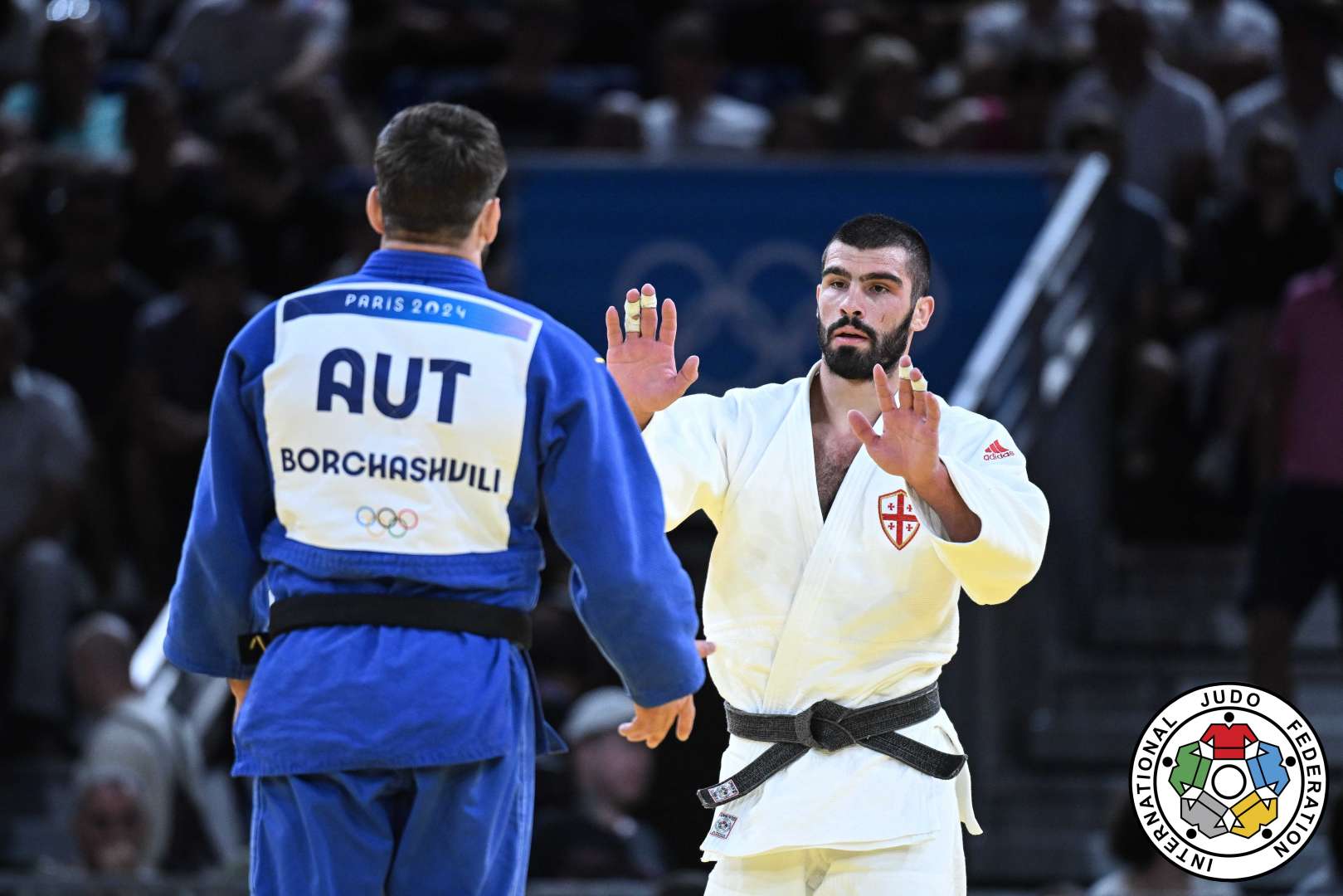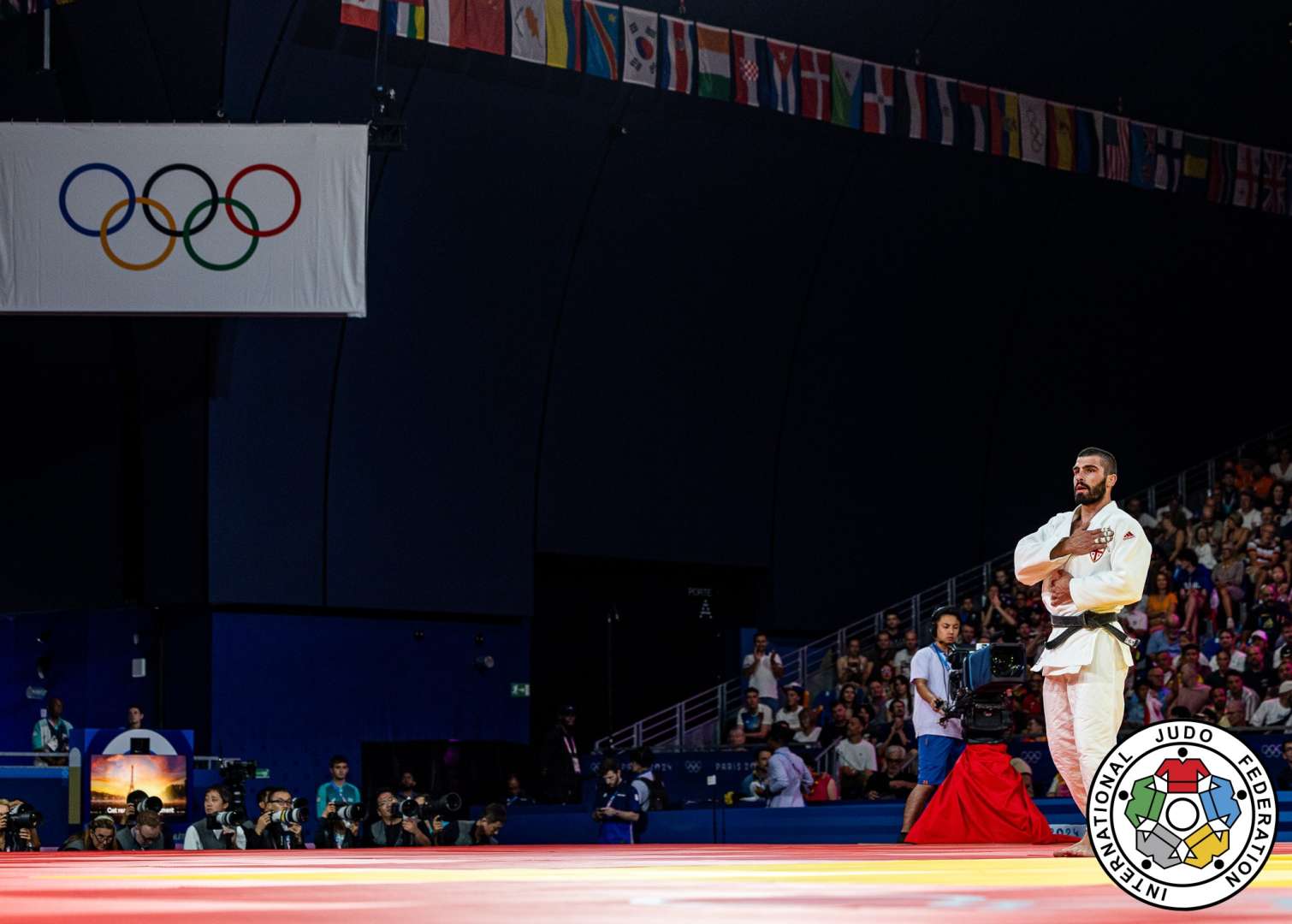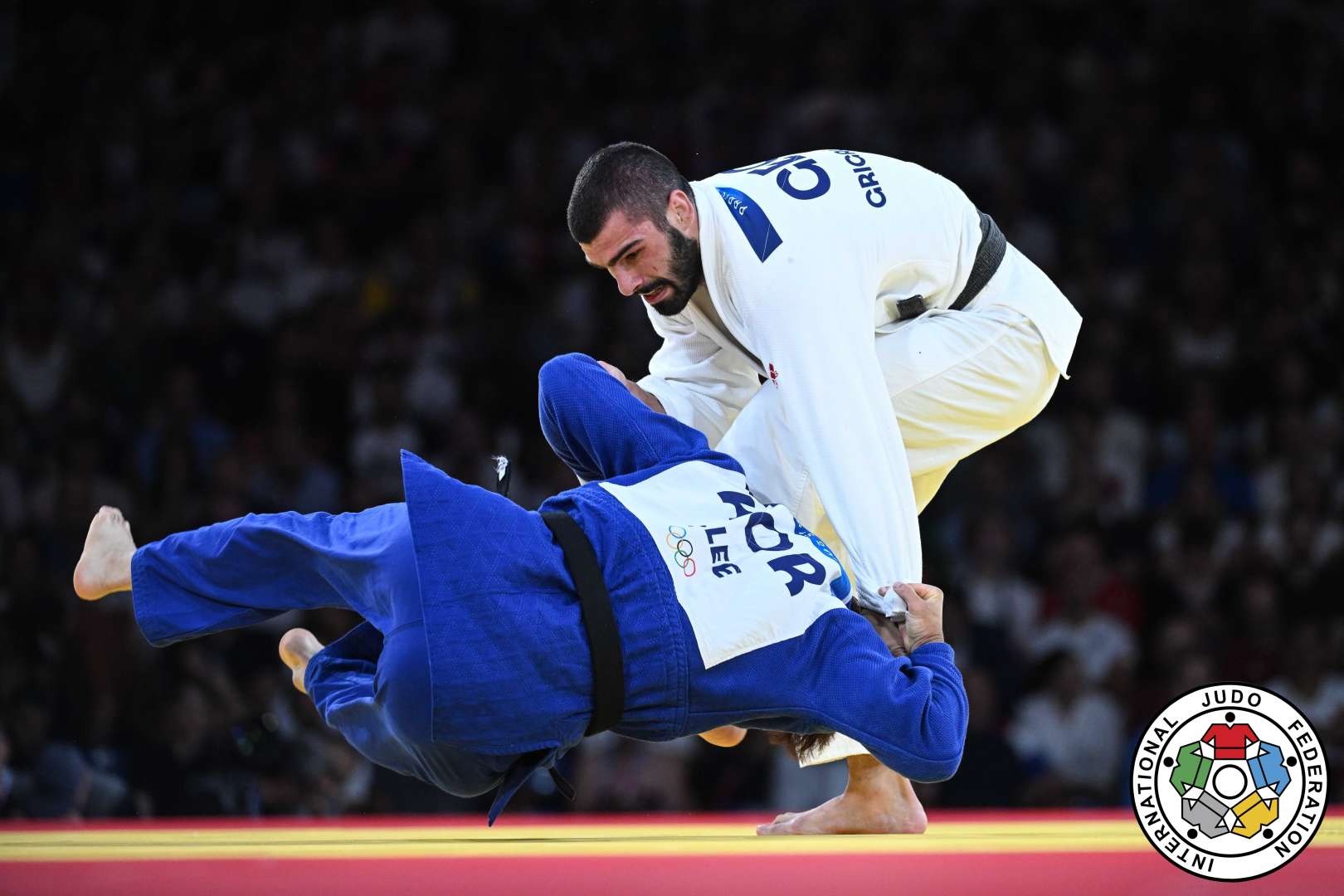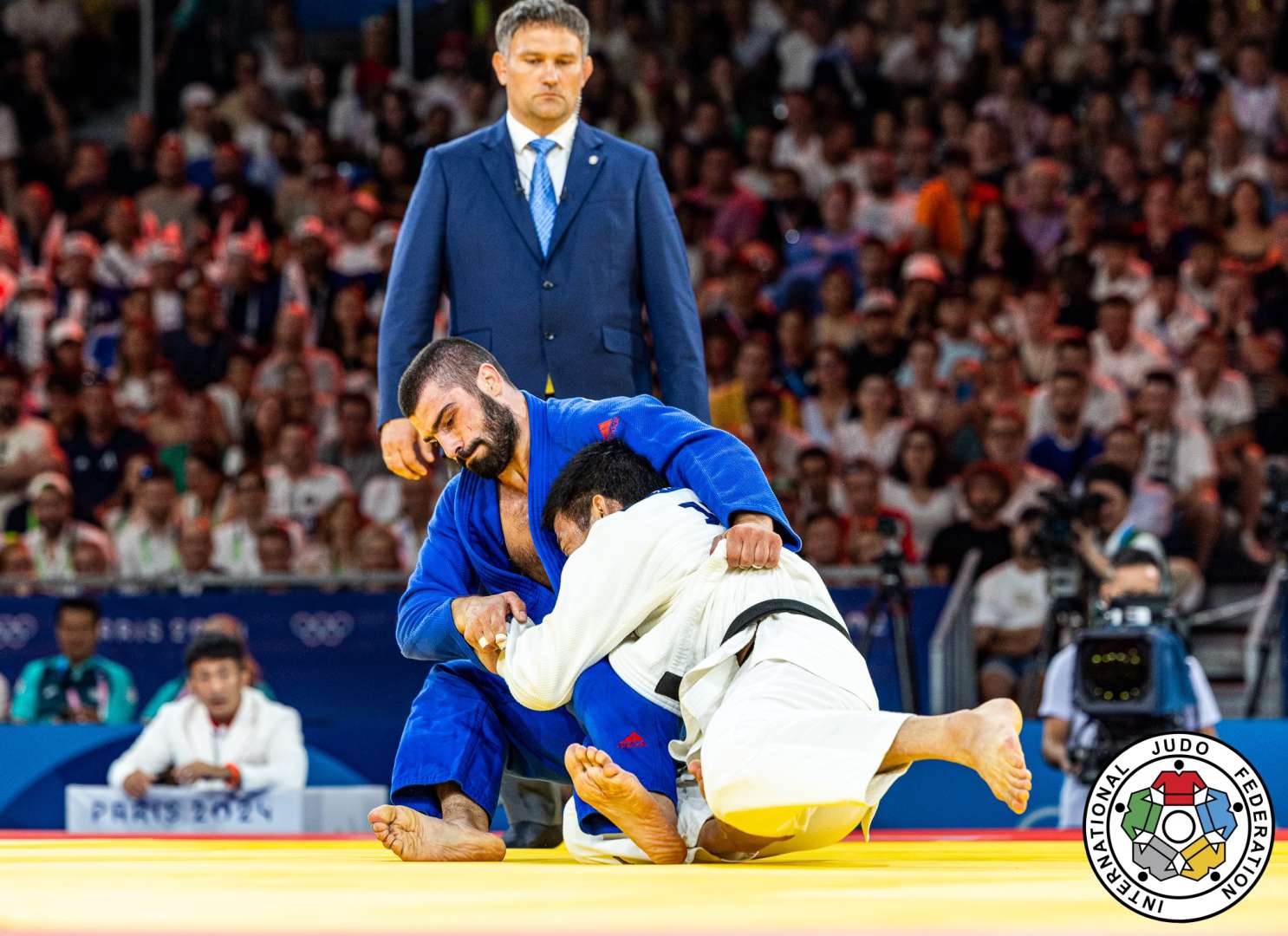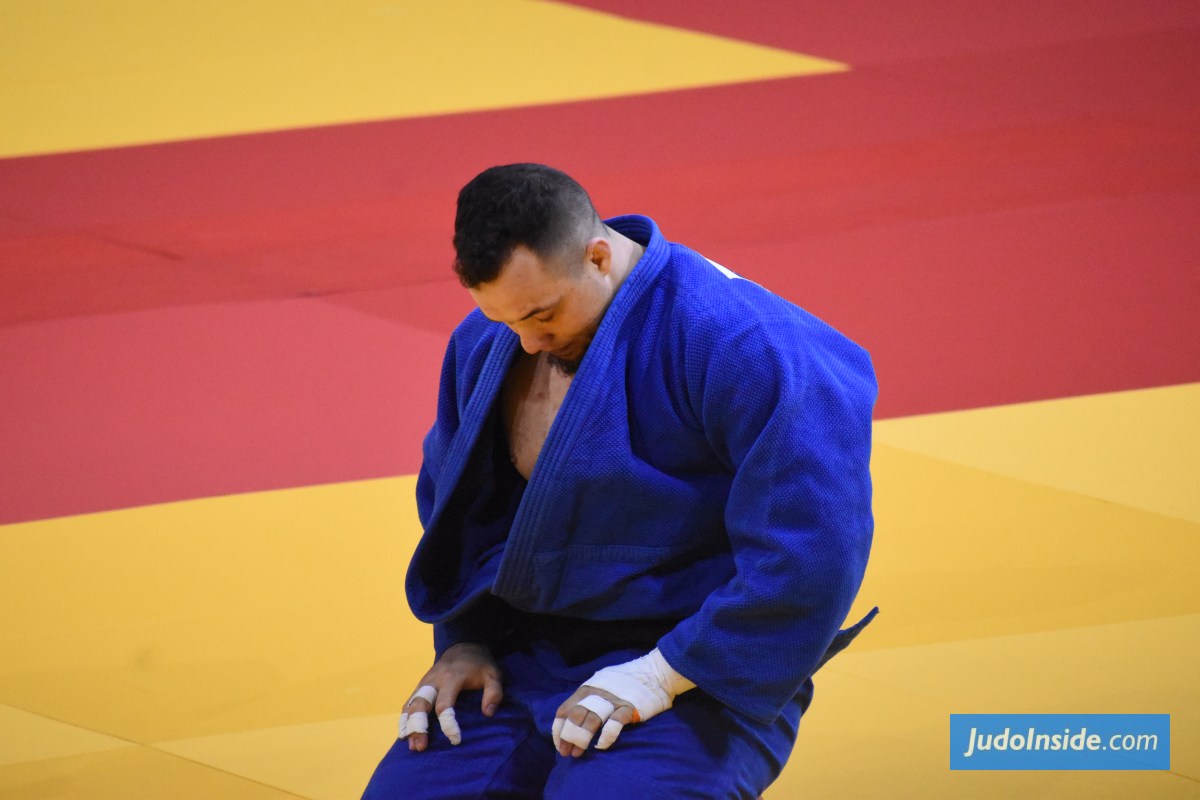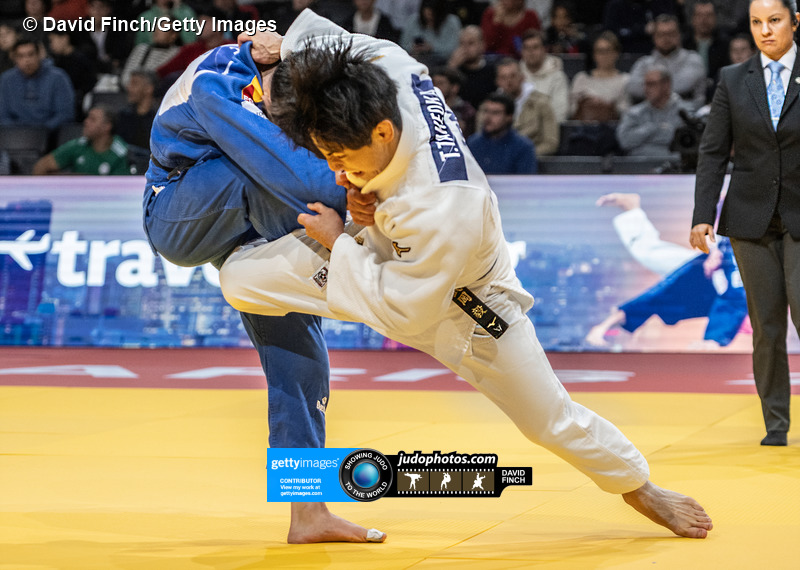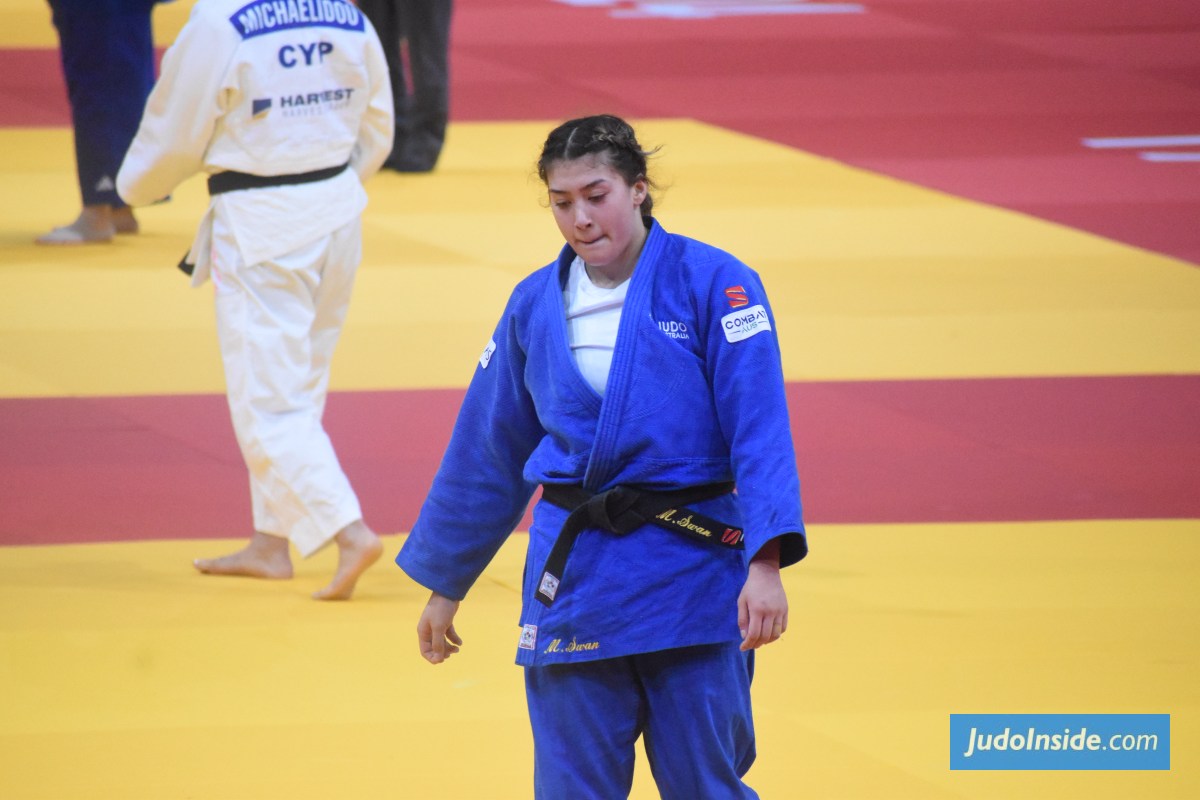Portrait of a successful coach: Ronaldo Veitia
 02.jpg)
 8 Aug 2022 23:40
8 Aug 2022 23:40

 Christian Fidler
Christian Fidler
Cuban coach Ronaldo Veitia. seventy-four years old, is currently hospitalised in Spain. Ronaldo retired after the 2016 Olympic Games in Rio de Janeiro. Let's have a look into the success and gives an insight of the Cuban coach.
A few years ago nobody dared to imagine that the traditional Asian and European empires would tremble in the face of an intruder, which today is a candidate for consideration as one of the best women's judo team in the world: Cuba.
The performances of the Cuban judokas in recent Olympics, world and regional events are marking the beginning of a new era for the Cuban school in this discipline.
Regional tournaments were already being held in Europe in the 'sixties, and in 1983 Cuba formed its first national team to take part in the PanAmerican games in Caracas, Venezuela.
CLICK HERE FOR THE BEST CUBANS
The position of the Cuban women was further consolidated at the 1999 class-A tournaments in France, Austria, Germany, Italy, Netherlands, Hungary and Tunisia, attended by the leading female judokas. These results, along with the technical ability of the athletes, have a reason behind them: coach Ronaldo Veitia and his team of experts and specialists. This well-built man, a former national athlete, has brought new training methods designed specifically for men to the women's branch of the sport. In this way he manages to reconcile the combative nature of Cuban women with the strength that is required for this tough sport.
"The first thing to do was to change the opinion that exercises for men made women lose their feminity. It is amazing how many of them can now bench-press 90 and even 110 kg. No one had ever imagined that a woman could climb a rope using only her arms; today all of them do it as a regular part of their daily physical training", Veitia explains when describing his style of teaching.
A Belgian coach asked to see the planned training venue for the team, and was astonished to find only a bar, a rope, a ladder and a triceps-building machine. All of this equipment was set up outside, under a tree, in natural surroundings.
"Members and leaders of teams from Japan, Korea, France and other strong judo nations with a lot of economic clout have also expressed surprise at the level of our team. We have always insisted that the secret lies in the planning, frequency and scientific focus of the methods", stressed Veitia, who has coached the women's judo team since 1986, when they had not even won a Central American or Caribbean title.
It has always been said that it is harder to work with women in sport. Ronaldo Veitia has also experienced this, but he has the satisfaction of having obtained very good results at competitions and in personal relations with his pupils.
His path since his departure from active sport has been marked by continuous success, first with children at the School for Sports Initiation at Martires de Barbados, which for ten consecutive years held the title of Champion of the National Schools Games. This was followed by a technical venture in Mexico, where he gained his first experience working with teams of the so-called weaker sex. Upon his return, he was faced with the choice of either returning to grass-roots coaching or trying his hand at high-level performance.
His involvement in the women's national judo team triggered a series of victories that elevated him to world status. It comes as no surprise that all the countries excelling in this form of combat always wish to compete against Veitia's pupils.
Ronaldo Veitia was Cuban champion U93kg in 1970, but as a coach he booked tremendous international successes with his teams.
In 30 years he earned 308 international medals for Judo. Ronaldo was inducted into the IJF Hall of Fame in 2018.
Successes since 1983 when the Cuban team was installed
5 Olympic titles: Reve-Jiminez, Gonzalez, Verdecia, Veranes and Ortiz
18 world titles, with 13 judoka, 11 women, 2 men
60 Pan American Games victories, 39 by women, 21 by men.
JIC: The Quotes are taken from articles in the ninetees but have not lost any value
 like
like
 share
share

| Result | City | Date |
|---|---|---|
| 2 | Paris | 2024 |
| 1 | Abu Dhabi | 2024 |
| 1 | Zagreb | 2024 |
| 3 | Belgrade | 2023 |
| 2 | Montpellier | 2023 |

 (3).jpg)



